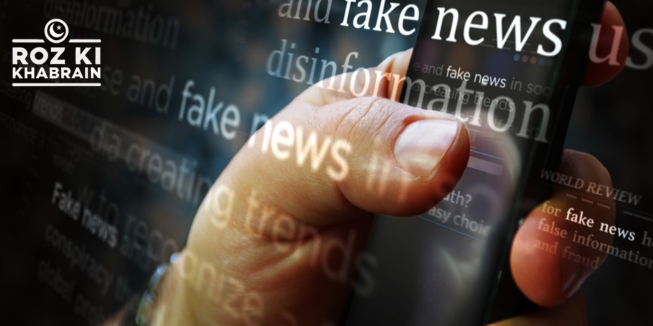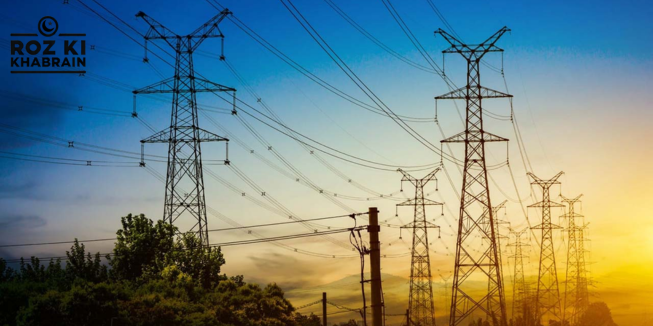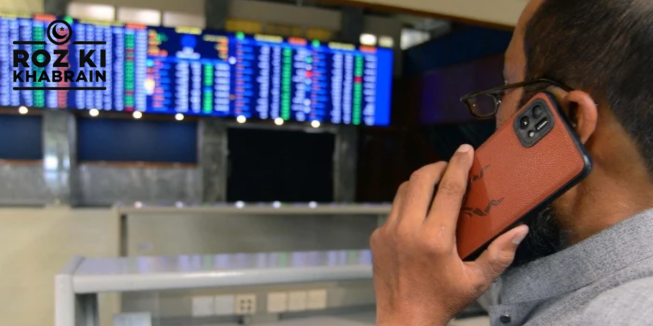In a landmark election year, false information emerges as one of the most pressing global threats, as highlighted by experts in the World Economic Forum’s 2024 Global Risk Report. A recent analysis ranks misinformation and disinformation among the top risks for several countries over the next two years, alongside 34 other economic, environmental, geopolitical, societal, and technological challenges.
Disinformation refers to intentional attempts to mislead, while misinformation involves unintentional spread of falsehoods—both of which can be equally harmful, as seen in the proliferation of conspiracy theories.
India tops the list as the nation most vulnerable to the dangers of false information, with experts citing it as the leading risk over concerns such as infectious diseases, illicit activities, inequality, and labor shortages. The country’s next general election, scheduled for April-May 2024, will involve over 1.4 billion people. The 2019 Indian election saw rampant fake news, with platforms like WhatsApp and Facebook reportedly weaponized to spread divisive messages. During the COVID-19 pandemic, misinformation surged again through similar channels.
Other nations at high risk from misinformation and disinformation include El Salvador, Saudi Arabia, Pakistan, Romania, Ireland, Czechia, the United States, Sierra Leone, France, and Finland, where it ranks among the 4th-6th most significant risks. In the United Kingdom, this threat is perceived as the 11th most concerning.
WEF analysts warn that misinformation in electoral processes could undermine the legitimacy of newly elected governments, sparking political unrest, violence, and terrorism, while eroding long-term democratic values.
This report is based on insights from 1,490 experts across academia, business, government, and civil society, gathered between September 4 and October 9, 2023.




